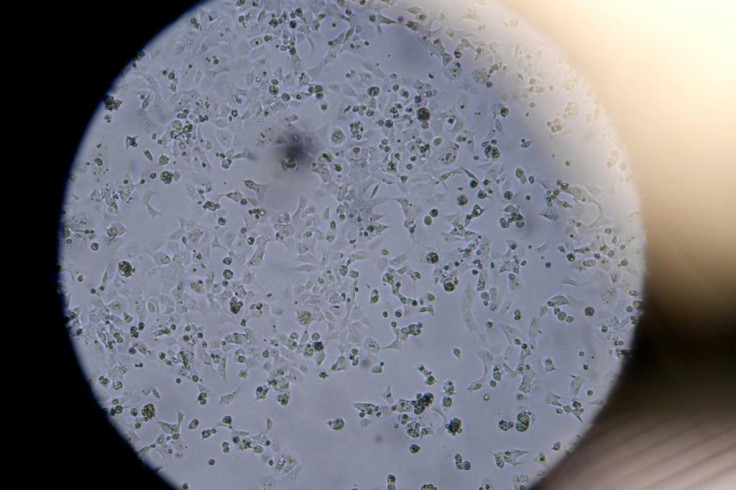Silent COVID-19 infections could trigger massive outbreak as countries lift restrictions
A perspective paper posted on a website of the American Association for the Advancement of Science warns that SARS-CoV-2 can stay airborne for hours.
Against the recommendations of health experts, several countries including the United States are lifting restrictions. Even though some officials claim that the 2019 novel coronavirus is under control, newly reported cases state otherwise. Recent reports highlight the fact that South Korea closed its schools yet again after a spike of COVID-19 infections among students. This is an alarming indicator what researchers refer to as "superspreaders" might be the source for a new wave of transmissions in the weeks to come.
While many are still aware of the risks and take the necessary precautions to encourage social distancing, others do not. A few businesses are reopening their establishments with some safety guidelines in place, but it might not be enough in certain cases. A perspective paper posted on the Science magazine website of the American Association for the Advancement of Science warns that SARS-CoV-2 can stay airborne for hours.
University of California San Diego's Scripps Institution of Oceanography atmospheric chemist, Kimberly Prather, is one of the three co-authors of the article. They wrote: "Evidence suggests that SARS-CoV-2 is silently spreading in aerosols exhaled by highly contagious infected individuals with no symptoms. Owing to their smaller size, aerosols may lead to higher severity of COVID-19 because virus-containing aerosols penetrate more deeply into the lungs."
The team hopes that their findings will encourage people to wear masks while in public. On the other hand, some experts believe that further research is still needed to prove that the presence of new coronavirus in respiratory droplets is enough to cause COVID-19 infections. Nevertheless, as suggested by the World Health Organization, personal protective equipment and social distancing can reduce transmissions.

Moreover, indoor areas that are poorly ventilated can likewise put people at risk and should be avoided. Last month, a study conducted by the University of Hong Kong' department of microbiology confirmed that face masks successfully negated non-contact infections of COVID-19. Therefore, both patients and the people around them should wear one at all times. Meanwhile, top health officials are also worried that the ongoing protests might result in a new wave of 2019 novel coronavirus cases.
© Copyright IBTimes 2025. All rights reserved.





















